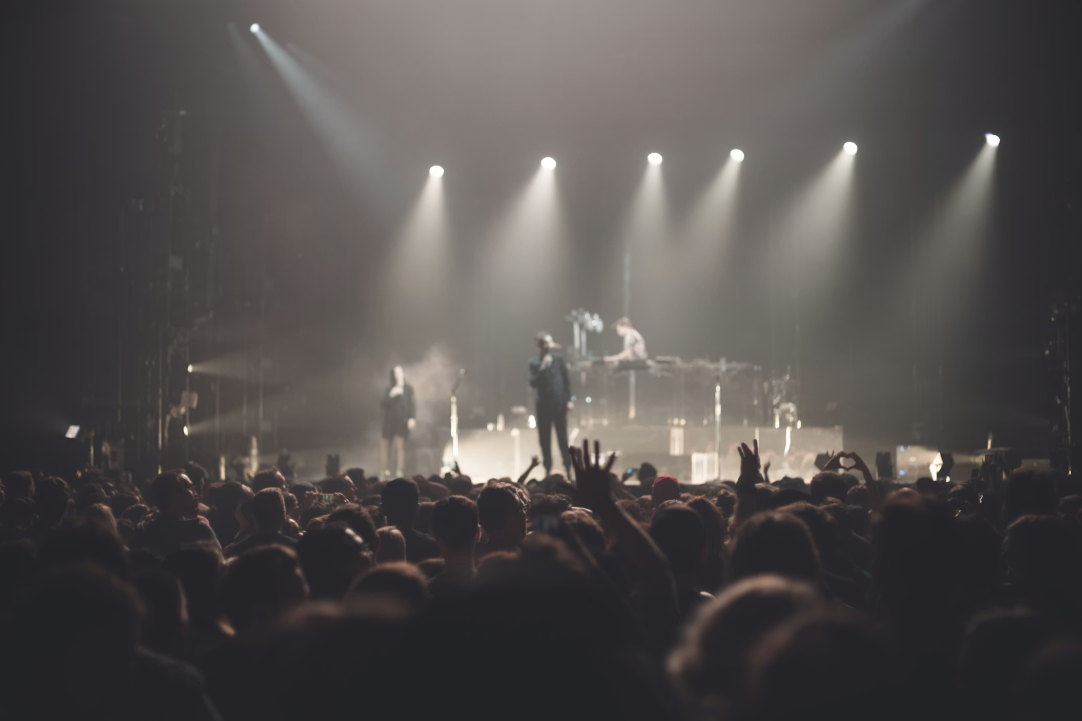Dating has long been referred to as a game, one with pieces and players and one that you need to learn how to play if you hope to find that oh-so-elusive stereotypical love story. Who makes the first move, when do you call, what can you share on the first date: all of these questions are based on long-standing inexplicable rules that the world of dating revolves around. And if it wasn’t already complicated enough, the introduction of the digital world to dating has further added layers and layers of ever-shifting ever-difficult dynamics. In many ways, dating has now truly become a game, one predicated on swiping on strangers whilst laughing with your friends and clumsy interactions over social media, usually involving a heart eyes emoji. I know I sometimes feel as if I’m following practiced routines of talking to new matches much as if playing a mindless game like Subway Surfers. The real question however, one that often presents itself as “Why is our generation like this?”, is has the digitalisation of dating changed the romantic landscape forever?
It’s undeniable that dating now looks wildly different to how it did twenty, ten, even five years ago. There is now a surplus of apps for different identities and groups, different locations, and different purposes. Compared to the largely bar/club/meet-cute-based dating scene which dominated the rom-coms most of us grew up with, it seems worlds apart. With it comes plenty of positives; more selection, the ability to date more safely for many and of course, a supposed ease and efficiency to romance. There are many success stories ÔÇô I imagine anyone reading will know at least one. But there’s also an apparent cost to dating’s shift to the digital landscape. The wide range of selection seems to have led to a lack of satisfaction with just one person and the lack of IRL interaction has made it even easier to ghost people in favour of the next match, making the dating game that much more short-lived. In many ways, the world of dating has become more superficial and more validation-based than ever before. This is not to say that all modern dating or even all online dating is temporary, appearance-based and trivial, but that there has been a gradual shift in that direction that seems impossible to stop.
Whether we can hold the digital sphere to blame for this is perhaps complicated. It could be a chicken/egg situation, in which increasingly liberated attitudes towards sex and relationships accidentally created a hook-up culture which has dragged many away from traditional dating routes and down roads like Tinder. To say this is a bad thing would be na├»ve ÔÇô limitless benefits and opportunities have come from this ongoing progress into more sexually open waters, as well as some inevitable negatives. Of course, that depends on your stance. The new dating world can be seen as shallow, short-lived and sometimes sad, or it can be seen as free, exciting and full of possibility. That is usually governed mainly by unique experience.┬á
Regardless of how you perceive the change that has taken place, there has been a change, one which I would go so far as to say is most likely permanent. The new methods of introduction and interaction are ingrained in us, Gen Z, and those generations that will come after us. People are increasingly favouring sliding into someone’s DMs over saying hi at a bar and where friends with benefits was once something rare that could be the plot of a film, it’s now the norm. How this shift will affect our long-term relationships and love lives is yet to be seen but it can be sure that they will not look anything like those that came before, for better or for worse.
Words by Dominic Bramley-Carr


